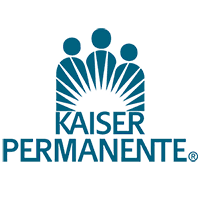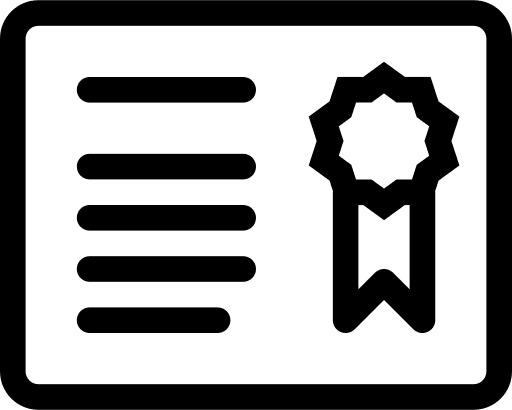About Sandstone Care – Rally Point – Boulder
Popular for its beautiful scenery and countless outdoor activities, Boulder, Colorado is also home to Sandstone Care – Rally Point. This Joint Commission accredited sober living home welcomes young women aged 18 to 30 on their addiction or co-occurring disorder recovery journey. They accept many private insurers including Aetna, Humana, Cigna, BlueCross BlueShield, and Anthem. You’ll benefit from a stable environment to learn and grow among women on similar paths.
Their extended sober living program is specifically for women actively engaged in a day treatment or intensive outpatient program at Sandstone Care. You can access proven therapeutic interventions, including individual and group therapy. These approaches can help you address the underlying factors of addiction and change your behaviors.
What stands out most to me is their wonderful campus. You can access all the comforts of home with tastefully designed recovery spaces, a spacious yard, and an outdoor patio. With the beauty of the Rocky Mountains surrounding you, you’ll benefit from the ideal space to reflect, grow, and heal. Their prime location also offers opportunities to explore the outdoors with rock climbing, mini golf, hiking, volleyball, and more.
Another great feature is their gender specific approach. They understand the unique biological and environmental factors contributing to addiction in women. You’ll benefit from a tight-knit community of women in recovery that resonate with your experiences. You can open up and share your story while learning new perspectives and insights from peers. That way, you’ll have a solid sober network to overcome challenges and celebrate wins together.









